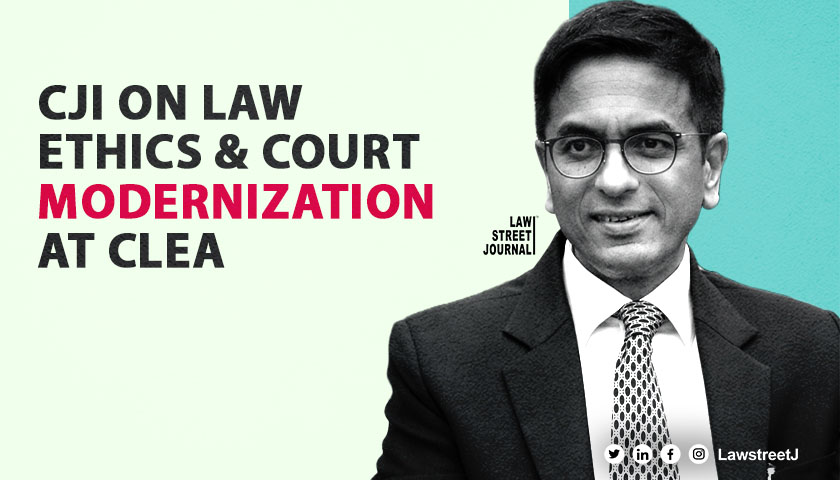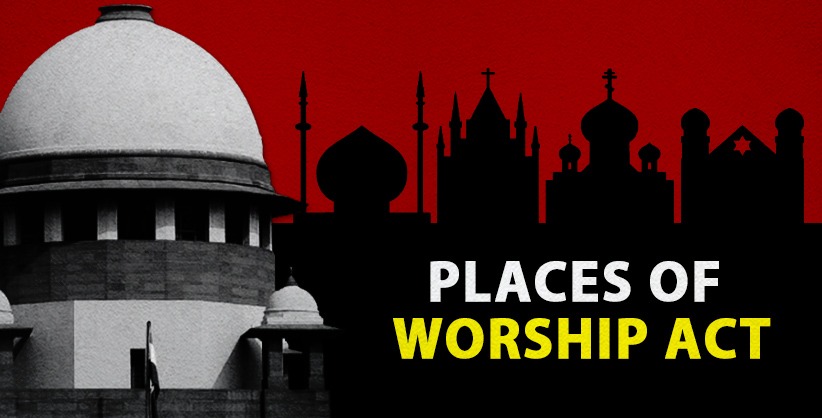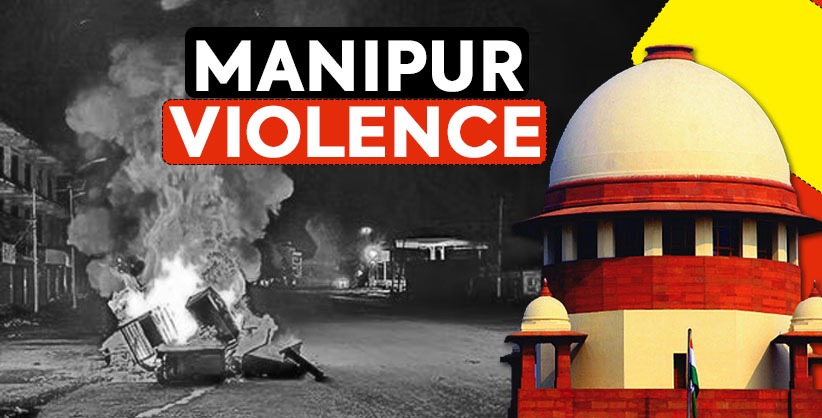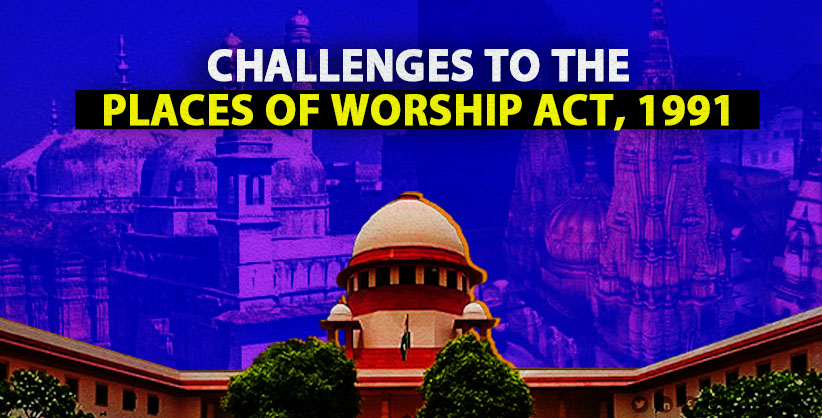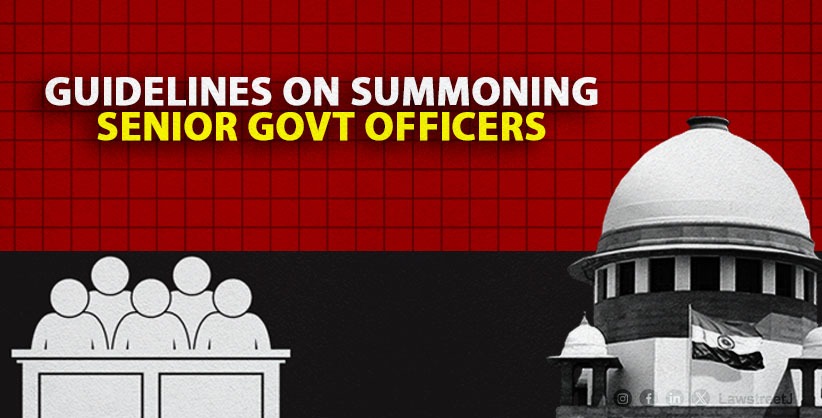NEW DELHI: Speaking at the Commonwealth Legal Education Association (CLEA) Commonwealth Attorneys and Solicitors General Conference, Chief Justice of India D Y Chandrachud on Saturday said it was imperative that law officers remain impervious to the politics of the day and conduct themselves with dignity in courts, ensuring the integrity of legal proceedings.
Highlighting the pivotal role of law officers in upholding the ethics in legal practice, he said the law officers serve as the primary point of contact between the courts and the government.
A crucial aspect of executive accountability rests on the ethical conduct and responsibility of law officers, who function not only as representatives of the government but also as officers of the court, the CJI said.
The CJI said modernising courtrooms and facilities was as crucial as bolstering overall infrastructure and to ensure that technology serves to enhance transparency and accountability and not to perpetuate opacity and inequality.
About the law officers, he pointed out the eminent jurist, Nani Palkivala said, the greatest glory of the Attorney General is not to win cases for the Government but to ensure that justice is done to the people.
Law officers bear a greater responsibility in upholding ethical standards compared to private practitioners, given their role as guardians of the rule of law. An exemplary figure in this regard is the late Soli Sorabjee, a former Attorney General, who, during his tenure, demonstrated a commitment to justice by advising the Union when it lacked a valid legal case, the CJI said.
He was speaking in presence of the Prime Minister Narendra Modi, Law Minister, Attorney General R Venkatramani, and Solicitor General Tushar Mehta.
He said at this conference focused on law officers, it is pertinent to consider their pivotal role in upholding the ethics in legal practice.
He said the law officers serve as the primary point of contact between the courts and the government, representing not only the government as an institution but also the various departments and officials within it.
The CJI said several other law officers also represent the Union and the states including the Solicitor General, Additional Solicitor General, and Additional Advocates General for the states.
He said the Supreme Court has repeatedly emphasised that law officers and professionals should not only assist the administration of justice but also uphold the honor of the legal profession through exemplary conduct from both within and outside the courtroom.
Ethics in legal practice encompass a wide range of principles, each offering valuable insights into decision-making. Virtue ethics, for instance, underscores the importance of cultivating moral character and pursuing excellence in every aspect of legal work. In the context of the legal profession, this translates into a commitment to integrity, honesty, and professionalism in all endeavours, the CJI said.
He emphasised that there was a need to recognise the significance of cultivating a shared commitment to justice.
He said finally, as we stand at the intersection of tradition and innovation, technology emerges as a powerful force for justice. While it promises to enhance the speed and accessibility of justice, we must navigate carefully, he said.
The deep-seated structural and financial hierarchies within Indian society demand consideration to ensure that technology does not inadvertently exacerbate existing problems, the CJI said.
The CJI said modernising courtrooms and facilities was as crucial as bolstering overall infrastructure and to ensure that technology serves to enhance transparency and accountability and not to perpetuate opacity and inequality.
He also referred to recent initiatives such as the implementation of a standard operating procedure (SOP) guiding courts in summoning government officials.
Importantly, it cautions against leveraging the power to summon officials as a tool to pressure the government, emphasising that such actions should be reserved for circumstances crucial to the administration of justice, he said.
Justice Surya Kant, speaking at the occasion, said this conference aims at bringing together legal luminaries, scholars and practitioners in an effort to translate visionary ideas into tangible actions.

